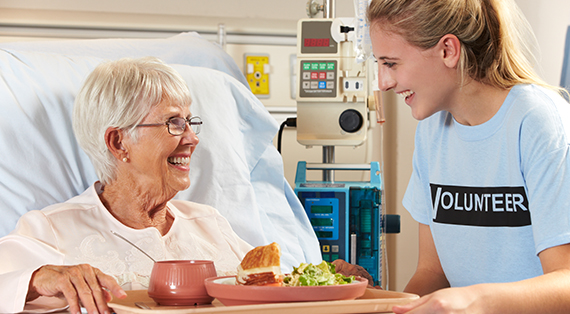
By Elizabeth LaScala, PhD
July 9, 2020
Medical admission committees want applicants who have demonstrated intelligence, maturity, integrity, a dedication to service, and a commitment to embracing diversity. For example, the AMCAS Primary Application offers you the opportunity to describe up to fifteen activities; presentations, research accomplishments, internships, shadowing, club memberships, leadership roles, honors and awards show medical admission committees how you have lived your life prior to submission of an application. Hence, the nature and depth of your extracurricular activities are significant factors in your admissibility to medical school.
Patient Health Care and Clinical Experience
A recent survey of medical schools found that a demonstrated commitment to health care and knowledge of health care systems and issues were top variables considered in student selection (other top variables included med school interview ratings and letters of evaluation, and of course a strong GPA and MCAT scores). Ideally, your premed program would have given you plenty of access to being an active participant in health care activities through their relationship with their local healthcare delivery system, such as urgent care centers, community hospitals, and clinics. For those of you who feel like you did not get enough of this type of exposure in college, a gap year or two to fill out your experience will help demonstrate your commitment to health care, expand your knowledge of the field, and give you essential content to talk about in your personal statement, secondary responses, and interviews.
The most important part of your health care experience is direct patient care clinical work. How do you get this experience? You can start by calling local hospitals or health centers in your community and asking to speak with a volunteer services representative. You can apply for a scribe position in a group practice, clinic or urgent care environment. Many individuals train to become EMTs and MAs. These are ideal options for those of you taking a gap year, as you may be asked to make at least a one-year commitment to the position.
Service
The depth and nature of your volunteer work is an important way to demonstrate your commitment to the ideal of service to society. In particular, teaching is highly valued because physicians often play a role in teaching patients to take an active role in their own health care as well as engage in lifelong reciprocity of learning from and teaching their colleagues and medical students. Any teaching experience you have gained—from teaching swimming at a summer camp to being a teaching assistant in a lower division class—will demonstrate your ability to connect with a variety of individuals, organize information and impart knowledge. If you don’t have some teaching experience on your resume, look for ways to develop and showcase your abilities as a teacher and be ready to articulate how this experience will benefit you as a physician.
Research Experience
Research experience is not an absolute must if you are applying to an MD or DO program, but it helps strengthen your profile. It is a must for those who desire the MD/PhD dual degree or if you are considering an academic or research career. However, all applicants can benefit from acquiring some research experience prior to applying to medical school. The best way to find research opportunities is to ask your current or past professors how to get involved with their research. You can also investigate and apply to a wide variety of summer research-orientated programs. Experience that results in a tangible product, such as a presentation or co-authorship of a peer-reviewed publication are standouts on medical school applications.
Conclusion
In closing, as you move through your undergraduate years, look for opportunities that help prepare you for the uber competitive medical school application process and the rigors of medical school. Build your resume during your college years and beyond. It is important to show medical colleges that you can manage a high level of academic achievement along with consistent extracurricular involvement in clinical experience, service and research along with demonstrated leadership in one or more of these areas.



